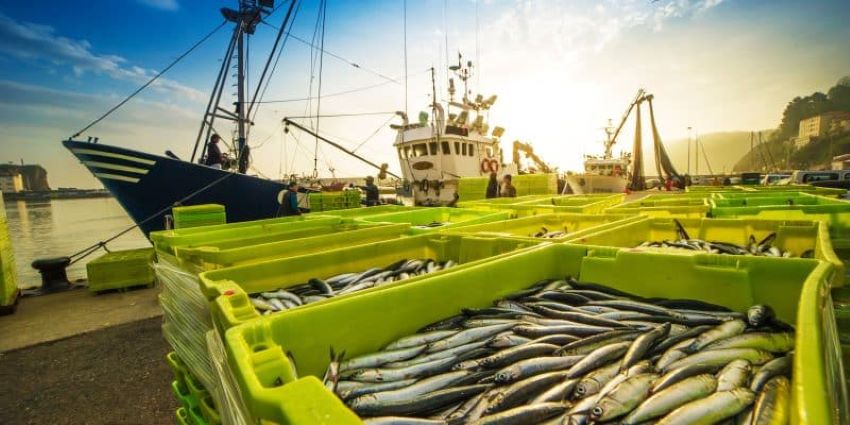(3 Minutes Read)
Faced with threats to maritime and continental resources, countries such as Morocco have already implemented rigorous legislation that regulates fishing techniques, imposes seasons and limits the intensity of industrial fishing.
The fisheries sector is crucial to Africa, with a vast maritime territory spanning 13 million square kilometres. The sector employs more than 12 million people and provides food security for more than 200 million Africans.
In Africa, 22% of animal protein comes from seafood, and in some West African countries, this figure exceeds 50%. Yet per capita fish consumption is alarming, at less than 10 kg per year, and only 5 kg in East Africa.
Illegal fishing and overexploitation of stocks deprive local communities of essential protein and income, benefiting food systems in Europe and Asia. Faced with threats to maritime and continental resources, countries such as Morocco have already implemented rigorous legislation that regulates fishing techniques, imposes seasons and limits the intensity of industrial fishing.
Increasingly, so-called “second generation” fishing agreements are emerging, such as the one signed between Senegal and the European Union in 2019, which allows European fishermen to take a quota of 10,000 tonnes per year.
Artisanal fishing, which reaches 66% of the continent and more than 80% in the least developed countries, is an asset of African countries in the face of sustainable development challenges.
Read Also:
Greater political support for this sector and the definition of a sustainable strategy for inland fisheries and aquaculture on the continent could have significant repercussions on the food security of African populations.





